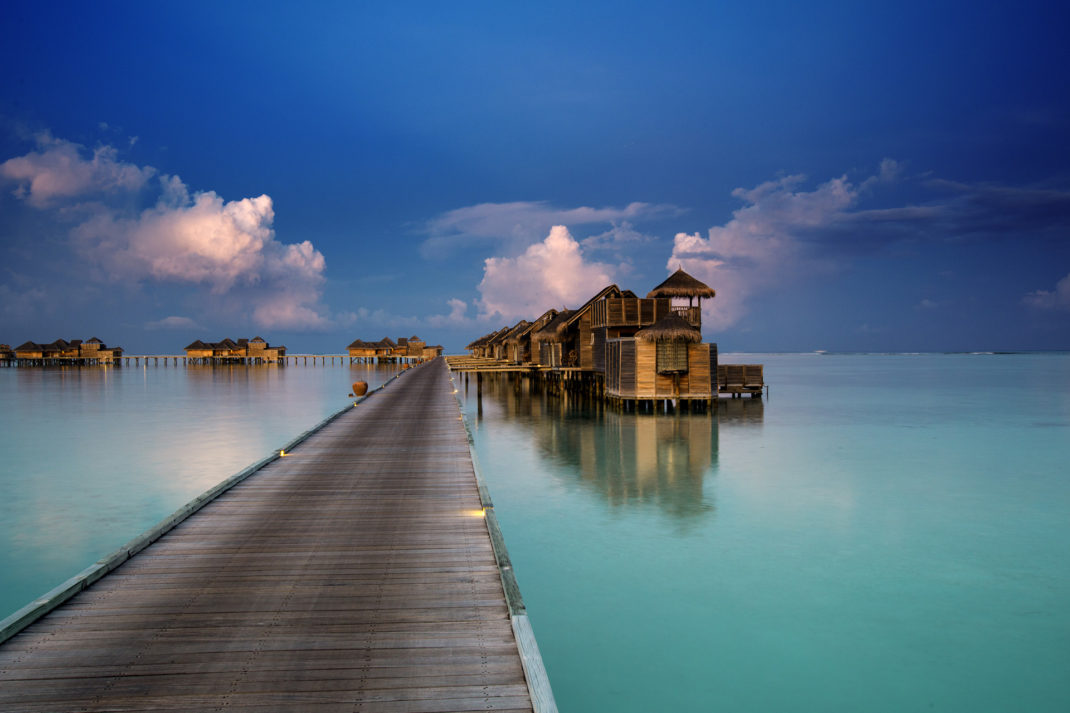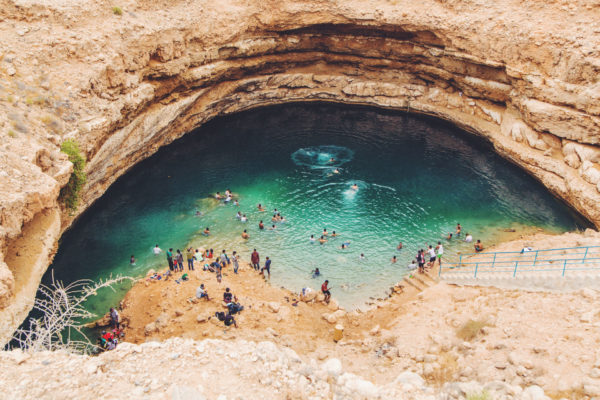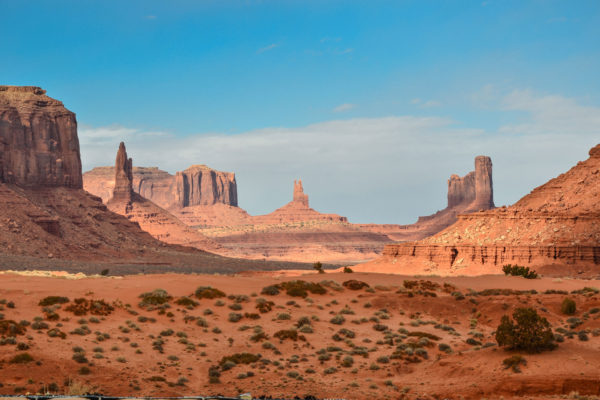Stop Flying & Save The Planet?
By
2 years ago
…It’s more complicated than that.
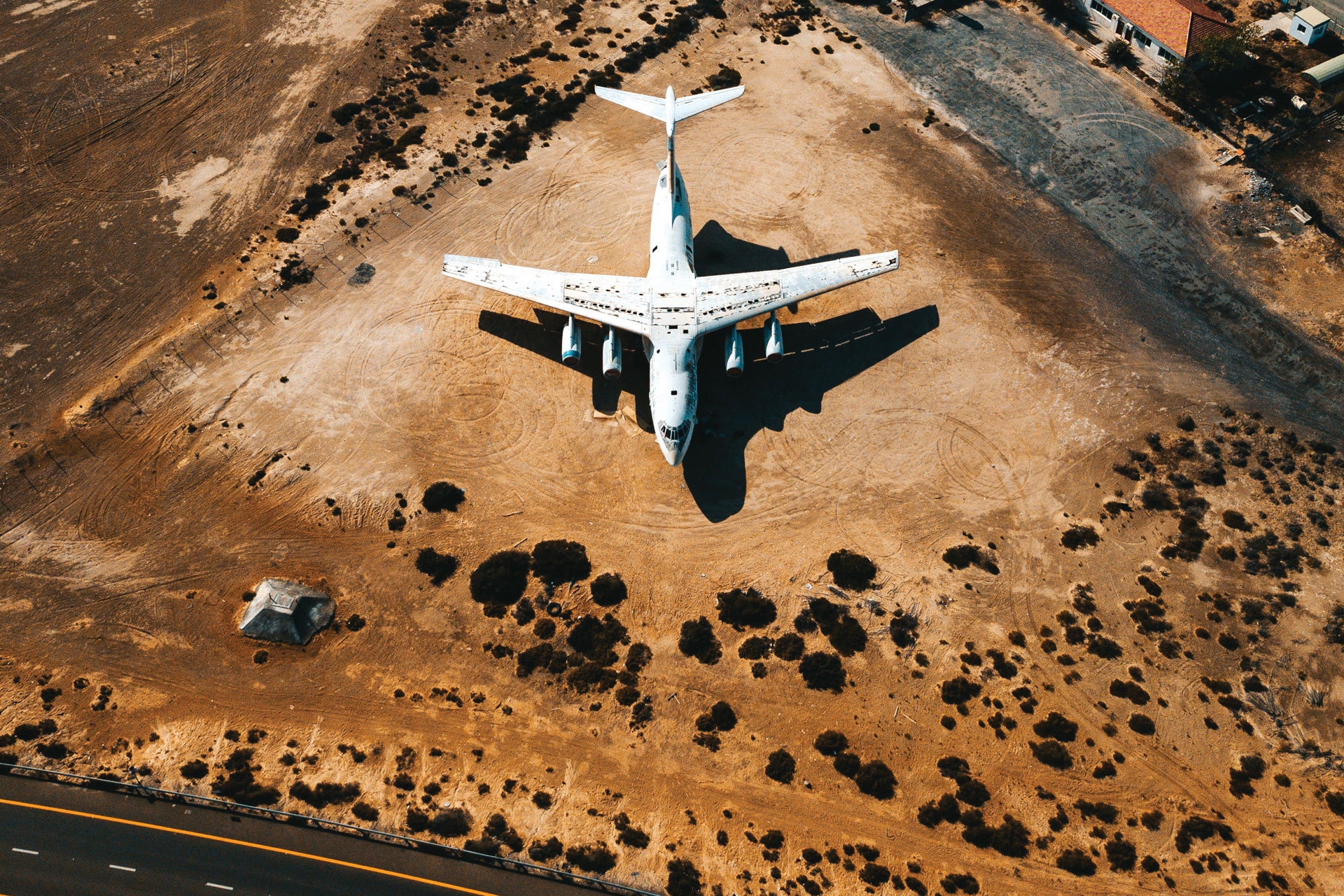
As the world pivots to reduce its carbon output, responsible travel becomes the biggest reckoning for the tourism industry. For us as individuals, isn’t our sustainable contribution just to stop flying? Surely, we have to sacrifice our sojourns on exotic palm-fringed beaches in favour of a bit of wild camping closer to home? No? Well, not necessarily. Can tourism be a force for positive environmental change? Yes! And when done right, it’s vital, says Rebecca Cox.
Read the C&TH Guide to Responsible Tourism
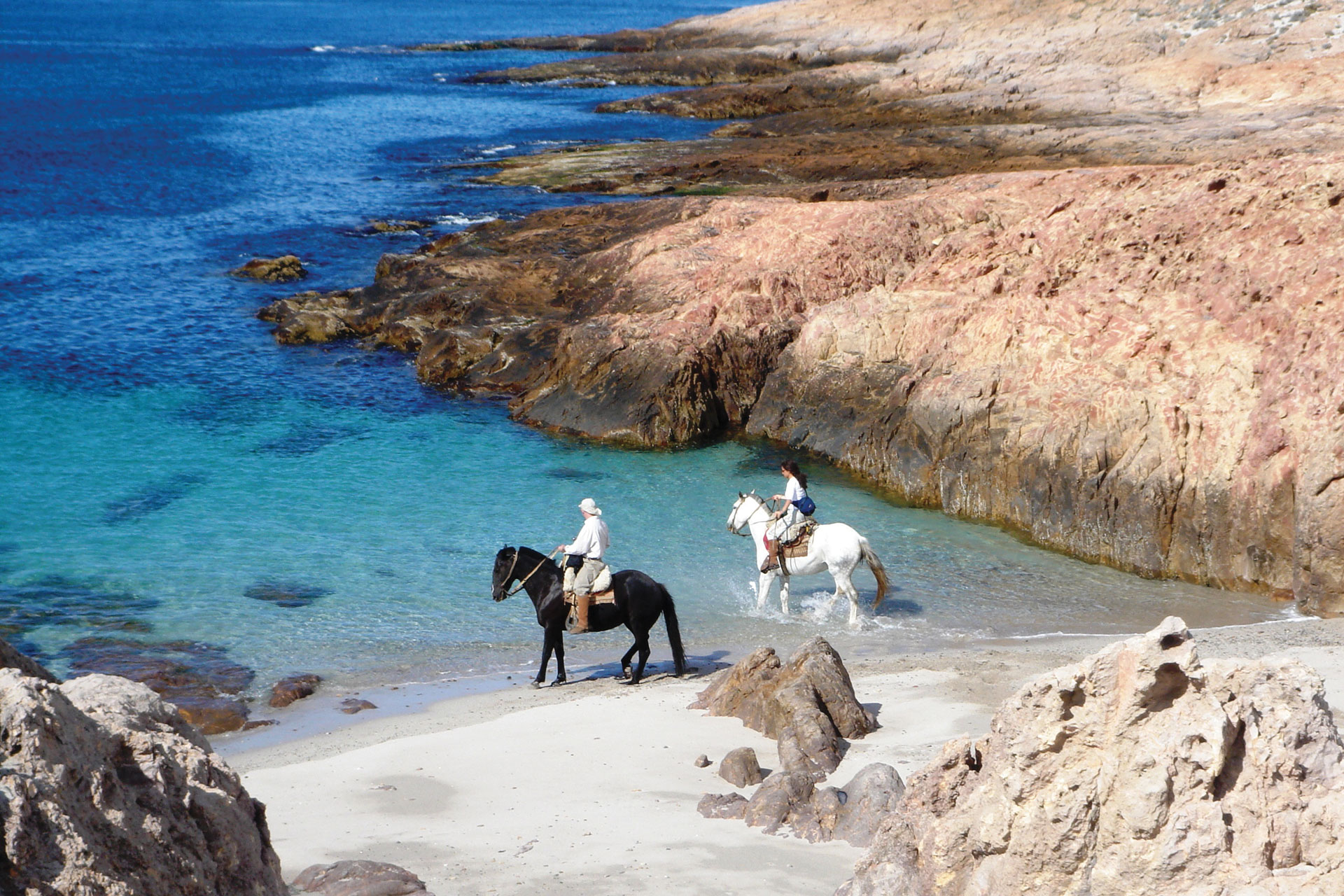
Exploring Argentina on horseback with Pura Aventura, the UK’s first travel B Corp company
Sustainable Tourism As A Force For Good
‘I’m not a fan of the term “sustainable travel”,’ says Tom Power, co-founder and CEO of Pura Aventura, the UK’s first travel B Corp business. ‘Sustainability suggests stabilising rather than improving. I prefer “regenerative or transformative travel”. Better travel is where travel stops being a commodity and becomes an exchange of values.’
True sustainable tourism is about far more than just ditching single-use plastic – it has to go further. Further than carbon offsetting, further than using renewable energy, further than biocomposting (these steps are the bare minimum). It comes down to making a positive impact and shifting the focus away from what we as individuals can get out of a trip, to what we can add through our visit. When we take responsibility for our travel choices, we become part of a global repositioning towards positive tourism.

Meeting Sri Lankan locals with Ayu in the Wild
Proof Ecotourism Works
‘There are literally hundreds of case studies that demonstrate how sustainable tourism done right delivers a positive impact,’ says conservationist Costas Christ, one of the industry’s leading experts in sustainability and founder of Beyond Green. Take Costa Rica, for example, which had one of the highest rates of deforestation between the 1940s to 1970s, as land was cleared to allow increased planting of high- value crops. Aware of its impending environmental destruction, in 1970 the government set up the National Park Service and around a quarter of the country gained protective status of some kind. An economic shift from crop exports to ecotourism hugely reduced the cutting down of trees.
To put this in context, deforestation is currently estimated to account for upwards of 15 per cent of carbon emissions globally, while the aviation industry accounts for approximately two to three per cent. And if you wiped out tourism altogether in the name of conservation, the alternatives would almost certainly be worse. According to a 2020 report on the state of the wildlife economy in Africa, Kenya has lost $750 million and 1.3 million tourism jobs since the pandemic, with communities dependent on tourism financially decimated; the killing of bushmeat for survival has also become commonplace once more.
‘If people stopped flying to the Serengeti tomorrow to see the last great land migration of wildlife on earth, I believe that in less than ten years it would be turned into cattle ranches.’

Wildlife spotting at Xigera Safari Lodge
‘Half our Beyond Green members are on the African continent and are collectively protecting over ten million acres of endangered species’ habitat, regenerating landscapes, protecting endangered species and uplifting local communities,’ Costas tells me. ‘If people stopped flying to the Serengeti tomorrow to see the last great land migration of wildlife on earth, I believe that in less than ten years it would be turned into cattle ranches. The only thing standing between turning the Serengeti or the Brazilian Pantanal [the world’s largest wetland], into another example of the global beef industry is sustainable tourism.’
But does this mean the aviation industry gets a free pass? While efforts are underway to make flying greener, we’re a long way off from guilt- free air travel. Carbon offsetting is just a nod to recognising the issue and more pressure needs to be put on airlines to make it their problem. ‘They need to be more aggressive and invest more in reducing their carbon footprint,’ agrees Costas. Until zero-carbon flying exists we must consider the ramifications of air travel, the key message being to go to fewer places, for longer.
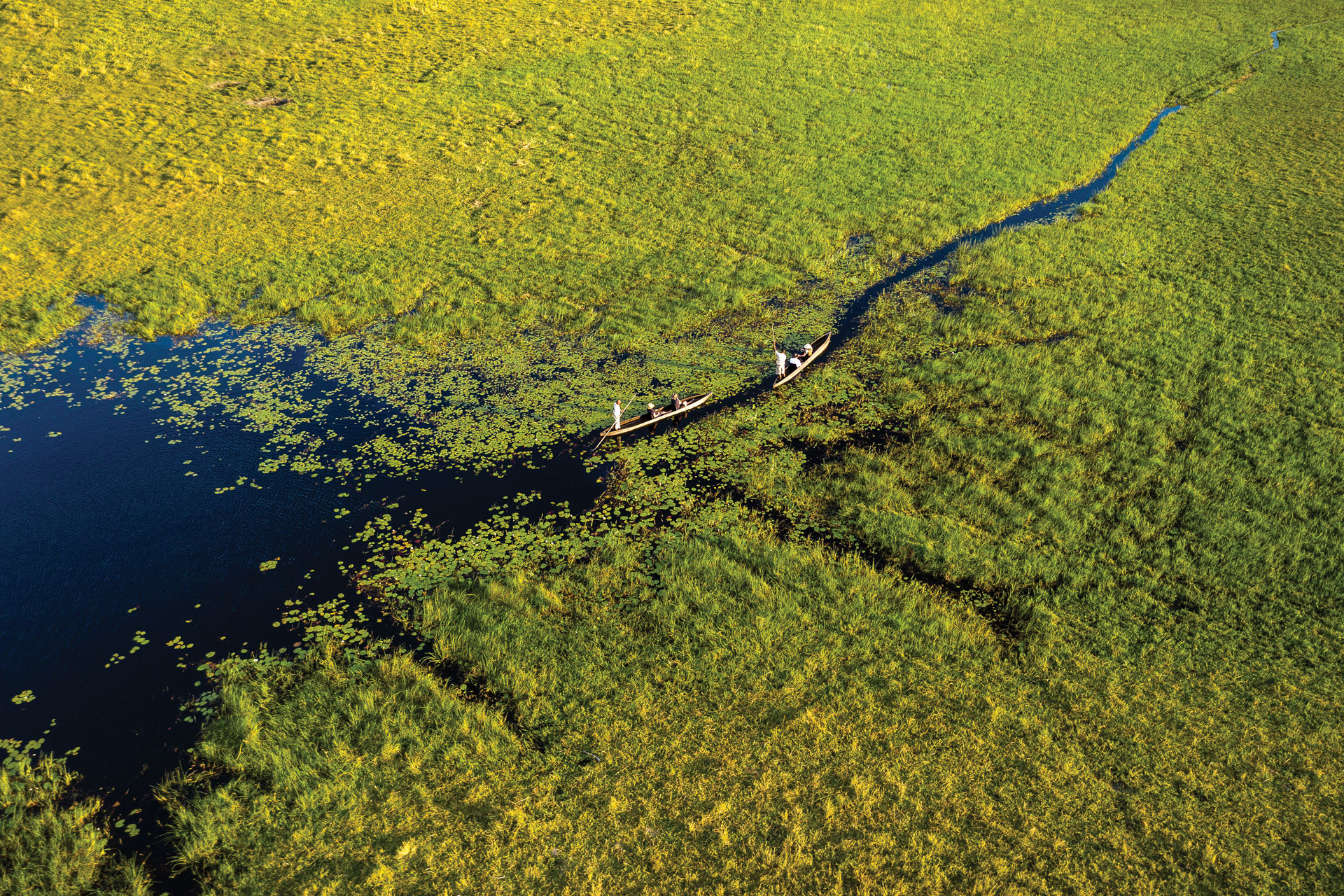
Mokoro canoes paddle the Okavango Delta
Shop Small, Spend Locally
Henry Comyn, of luxury travel company Joro Experiences and co-founder of not-for-profit organisation The Conscious Travel Foundation, says: ‘Travellers need to be aware that every decision they make leaves an impact – from the countries they visit to the mode of transport they use to get there. The biggest changes can come from cutting unnecessary flights, staying in locally-owned accommodation, and using local guides, [thereby] putting money back into the community. Travellers need to ensure that their spend in the country goes into employing locals and, hopefully, into conservation and community initiatives to protect their environment.’
Individual responsibility is a great start, of course, but international regulation is key to lasting change. ‘Globally, sustainable tourism has been defined [and] we have the United Nations sustainable development goals that are now linked to sustainable tourism,’ explains Costas.
‘At Beyond Green, we are trying to show that way forward so people have an opportunity to exercise their choice, and say, “Yes, I’ve worked very hard, I want that holiday on a Greek island, but I also want to do it in a way that is good for local people – and so that my children and future generations can have the kind of experiences that are so meaningful to me when I travel”.’
As travellers then, the power lies with us. When booking your next holiday, don’t ask ‘what’s in it for me?’, ask ‘what’s in it for us?’ – both the destination and community we’re visiting. If we take, we must give back, or the planet is left out of balance. So don’t stop flying to save the planet – but do stop flying thoughtlessly.
Main image: Pexels


